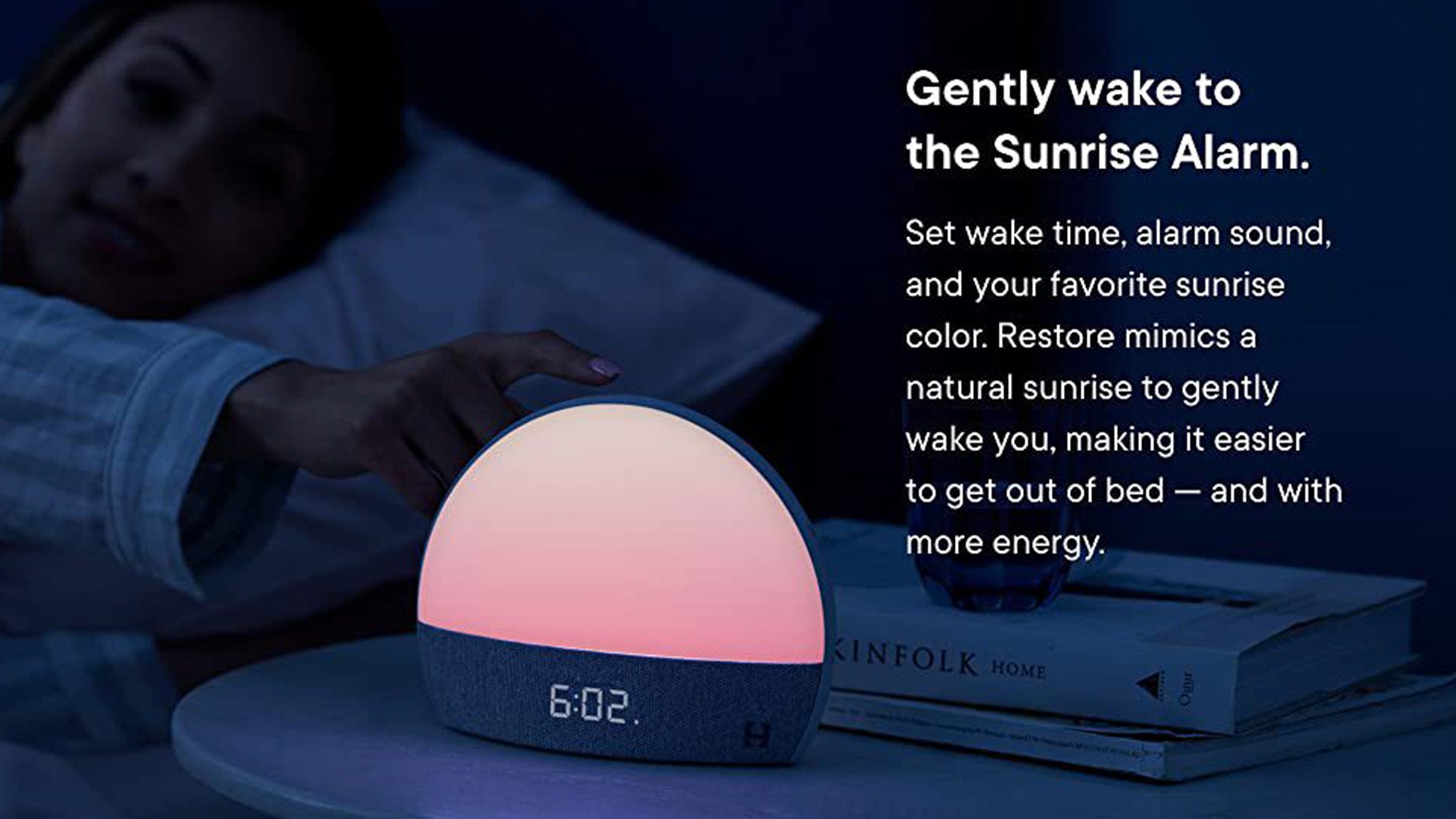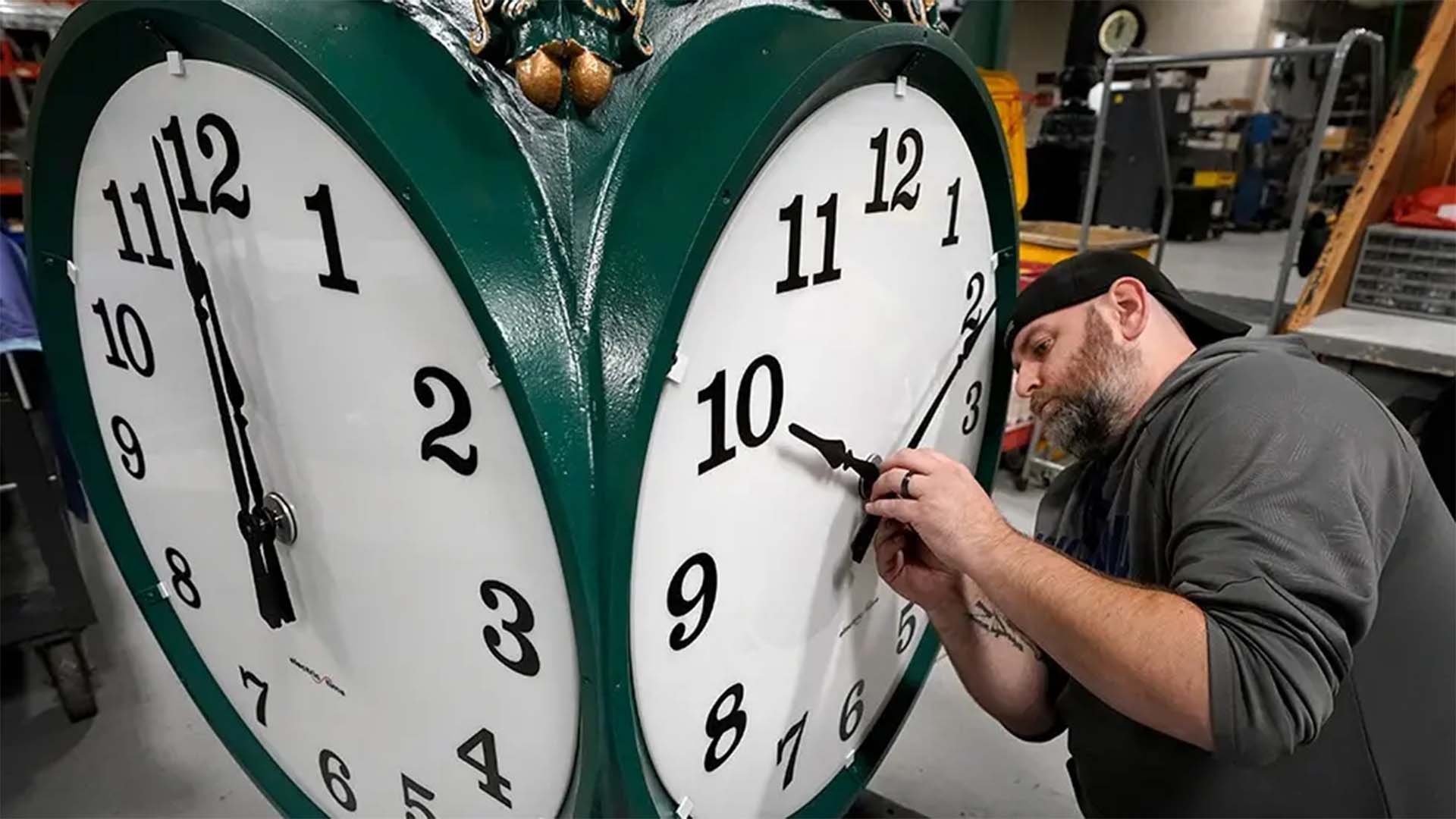Have you been feeling extra drowsy this week? Daylight Saving Time started on Sunday, which many sleep experts believe to be damaging to your health.
How DST Affects Health
On the second Sunday of March, most Americans set their clocks forward one hour to transition from Standard Time to Daylight Saving Time (DST). Changing the clock causes our internal clocks to become out of sync with their current cycle, interrupting their circadian rhythm. A person’s circadian rhythm, which is the body’s natural 24-hour biological cycle, is set by the timing and amount of bright light exposure they get during the day.
Many studies have been conducted to analyze the harmful effects of DST on sleep. One study found that the average person receives 40 minutes less sleep on the Monday after “Springing Forward” compared to other nights of the year. Another study similarly learned that increased sleep fragmentation and sleep latency occur in the week following DST, presenting a cumulative effect of sleep loss. One study even discovered that sleep is negatively affected throughout the months of DST because the body clock may not adjust.
DST is also linked to more serious health and safety issues. For example, one study showed that the risk of having a heart attack the Monday after DST by 24 percent compared to other Mondays during the year. Fatal car accidents in the United States were also found to spike by six percent during the week after DST.
Permanent Standard Time vs. Permanent DST
As a result of the numerous associated health issues, many sleep experts have called for an end to DST. Notably, the American Academy of Sleep Medicine (AASM), a professional society that advocates for policies that enhance sleep health, released a statement in 2020 calling for the abolishment of DST. The statement argues that “The acute alterations in timing due to transitions to and from DST contribute to misalignment between the circadian biological clock and the light/dark cycle (or photoperiod), resulting in not only acute personal disruptions, but significant public health and safety risks.”
The AASM is pushing for a fixed, year-round standard time because the organization believes it is best aligned with human circadian biology. Standard time currently lasts between the first Sunday in November and the second Sunday in March.
Unlike the recommendation from AASM, the United States Senate unanimously passed legislation called the Sunshine Act in 2022 that would enforce a permanent DST, not a permanent standard time. The measure was not approved by the House of Representatives before the 117th session of Congress ended in January 2023, so daylight saving remains for now. However, the bill was reintroduced for the 118th Congress in March 2023 where it awaits another vote. If the act is passed before November 2023, Americans will not set their clocks back this fall and DST will remain permanently.
What Can You Do About Your Sleep?
As of March 2023, DST is still here to stay which means that your sleep may be impacted. Luckily, there are a few tried and true tactics to lessen some of its adverse effects. As aforementioned, light helps set your body’s circadian rhythm, so the changes in light cause most of the sleep issues associated with DST. Therefore, it is important to expose yourself to as much natural light during waking hours as possible and to avoid bright artificial light when it is dark outside.

For the spring DST, this could mean enjoying the natural lighting outside later in the evenings and using an eye mask (like the MZOO Sleep Eye Mask) or blackout curtains (such as Redi Shade’s Blackout Shade) when you are ready for bed. To combat the darker mornings, using light lamps like the Hatch Restore could also help with this transition by waking you up with a softer, more natural light.







